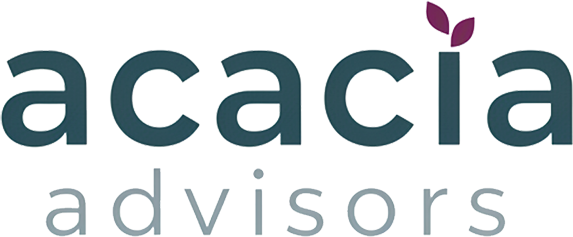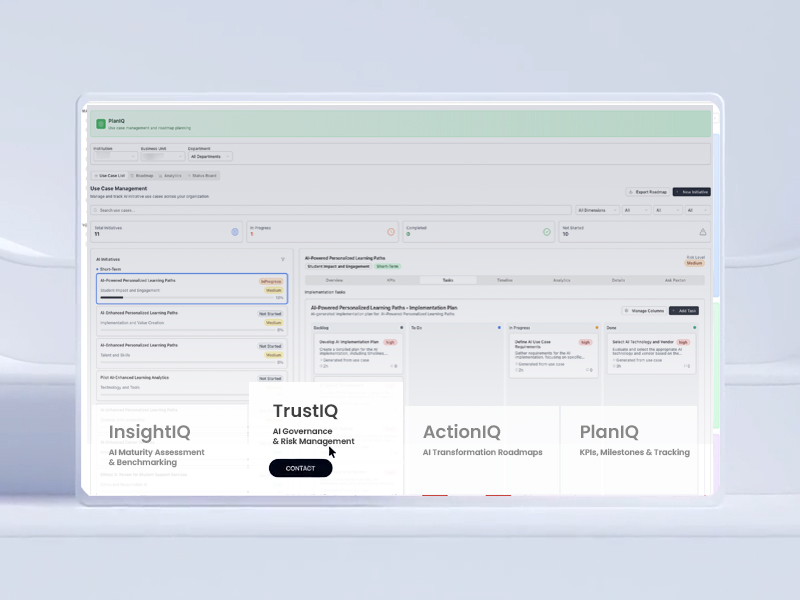Welcome back to our six-part series guiding you through every phase of your IT Outsourcing Transition.
In our first three installments, we explored:
– Part 1: Transition Planning – laying the foundation with strategic scope definition, requirement gathering, and risk identification.
– Part 2: Transition Governance – building oversight structures for delivery and decision-making.
– Part 3: Transition Readiness – laying the groundwork for a seamless transition
Now that your program has launched and transition execution is underway, we turn to the core and most intensive phase: Knowledge Acquisition, the foundation for a successful cutover to Primary Support.
Knowledge Acquisition: The Heart of the Transition
The Transition Program Kickoff formally initiates the transition, aligning stakeholders around shared goals, governance, and expectations. Immediately following kickoff, execution begins in earnest, with teams focused on Knowledge Acquisition (KA) across IT domains and workstreams for the incoming Managed Service Provider (MSP).
Guided by the Integrated Transition Plan, each workstream engages in structured learning to absorb operational details. This phase is critical to ensuring continuity, minimizing risk, and enabling the MSP to deliver effective support post-cutover.
KA activities are scheduled based on prior planning, with each workstream assigned a start date and duration. Timelines vary depending on complexity, resource availability, logistics, and access to information. For common domains, such as server/storage/database, cloud, and networking, MSPs typically complete KA within 4–6 weeks using streamlined methodologies.
Client-specific staffing models (e.g., in-house teams, hybrid models, incumbent MSPs) introduce unique challenges that require strong governance and oversight throughout the transition.
Knowledge Acquisition: Key Activities
The KA phase includes training sessions, workshops, documentation reviews, shadowing, playback sessions, and daily standups. These activities help the MSP team gain familiarity with the client’s environment, systems, and procedures.
Core KA activities include:
- Capturing and documenting existing processes and procedures
- Conducting questionnaires, interviews, and network assessments
- Reviewing hardware inventories, specifications, and network diagrams
- Examining software licenses, packaging processes, and versioning
- Documenting user directories and access privileges
- Assessing backup and disaster recovery procedures
- Understanding business-critical applications, workflows, and compliance needs
- Reviewing third-party vendor agreements and responsibilities
- Analyzing ITSM ticket data (Service Requests, Incidents, Problems, Changes)
- Evaluating ITIL processes and SLA metrics
- Reviewing escalation procedures for incident and problem management
Knowledge Acquisition: Governance & Tracking
Effective governance is essential to ensure KA activities stay on track and deliver expected outcomes. A detailed KA tracking plan should be maintained for each workstream capturing daily activities, participants, status, outcomes, and open actions.
All KA sessions should be recorded and stored in a centralized repository for ongoing reference. Issues or gaps identified during sessions must be addressed promptly, ideally within 24–48 hours. Persistent issues should be escalated to the Transition Management Office (TMO) via the RAID log (Risks, Actions, Issues, Decisions).
Weekly dashboards summarizing KA progress should be reviewed during Transition Management Status meetings to ensure visibility and accountability.
Knowledge Acquisition: Playback & Shadowing Sessions
Playback sessions allow knowledge receivers to demonstrate their understanding by presenting what they’ve learned. These sessions validate the accuracy and completeness of the knowledge transfer and confirm readiness for operational execution.
Shadowing sessions involve MSP team members observing experienced staff (mentors) performing real-time tasks. This hands-on exposure helps the MSP absorb tacit knowledge, tools, and decision-making processes. Structured debriefs follow to reinforce learning.
Reverse shadowing flips the model, mentors observe MSP team members performing tasks to assess their proficiency, troubleshooting skills, and knowledge gaps. This feedback loop ensures readiness and identifies areas for reinforcement.
Knowledge Acquisition: Tollgate
Upon completion of KA activities, including shadowing and reverse shadowing, each workstream undergoes a tollgate review. This structured checkpoint assesses whether objectives, deliverables, and exit criteria have been met.
Operational leads, mentors, and MSP representatives jointly determine a formal go/no-go decision to proceed to the next phase: Secondary Support.
Looking Ahead
With Knowledge Acquisition complete, the MSP is equipped to deliver continuity of support, reduce transition risk, and prepare for efficient service delivery. In our next article, we’ll explore Transition Secondary Support, which is a foundational phase where the MSP deepens its understanding of the client’s environment while remaining in a non-primary support role. This stage is critical for building confidence and operational readiness before full cutover.
Contact the Author
Shelly Barnes is a high performing entrepreneurial minded executive with over 20 years demonstrated success leading Managed Services Transitions, Organization Change Management, IT Transformations and M&A Integrations.
Shelly Barnes
Principal Consultant, Acacia Advisors
Email: SBarnes@ChooseAcacia.com
How Acacia Advisors Can Assist
Acacia Advisors is comprised of executives, strategists, and operators with deep expertise in all facets of technology enablement. From proven CxOs to innovative technology experts, our hands-on team will help you reach your business objectives, faster.
At Acacia, we guide you through every phase of your sourcing journey, providing comprehensive support and expertise in information technology outsourcing (ITO) and business process outsourcing (BPO).
Our tailored services cover a wide spectrum of needs, ensuring that whether you are a first-time outsourcer, seeking a new supplier, or looking to optimize your existing arrangements, we have the solutions to drive your success.

Acacia Advisors
Achieve your business objectives with Acacia Advisors’ digital transformation consulting, technology implementation and talent services.
Begin Your Transformation Journey
Don’t let another moment pass in inaction. Contact Acacia Advisors today and lets start the conversation. Let’s explore together how to unlock new value for your business, enhance your operational efficiencies, and give you the competitive edge that you need in this digital age.
Contact Us Now
Embrace Transformation with confidence. Embrace it with Acacia Advisors.





